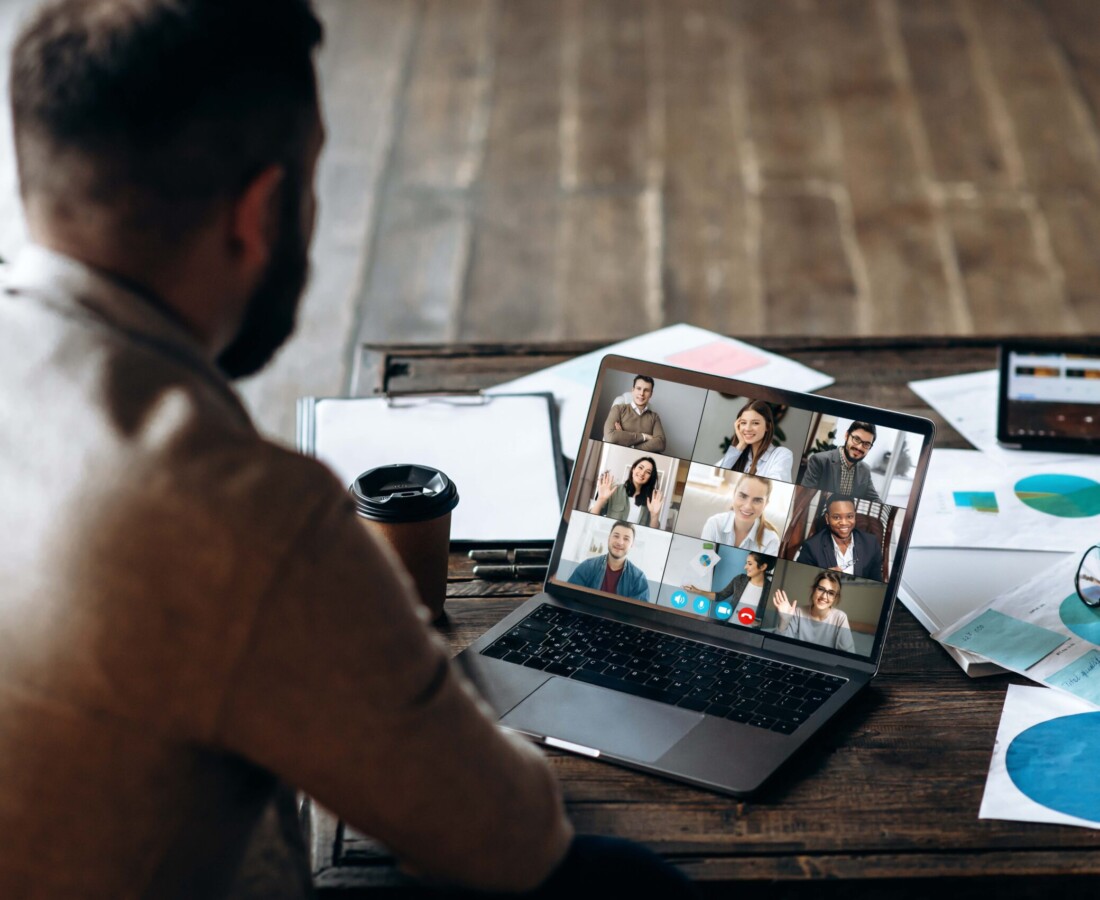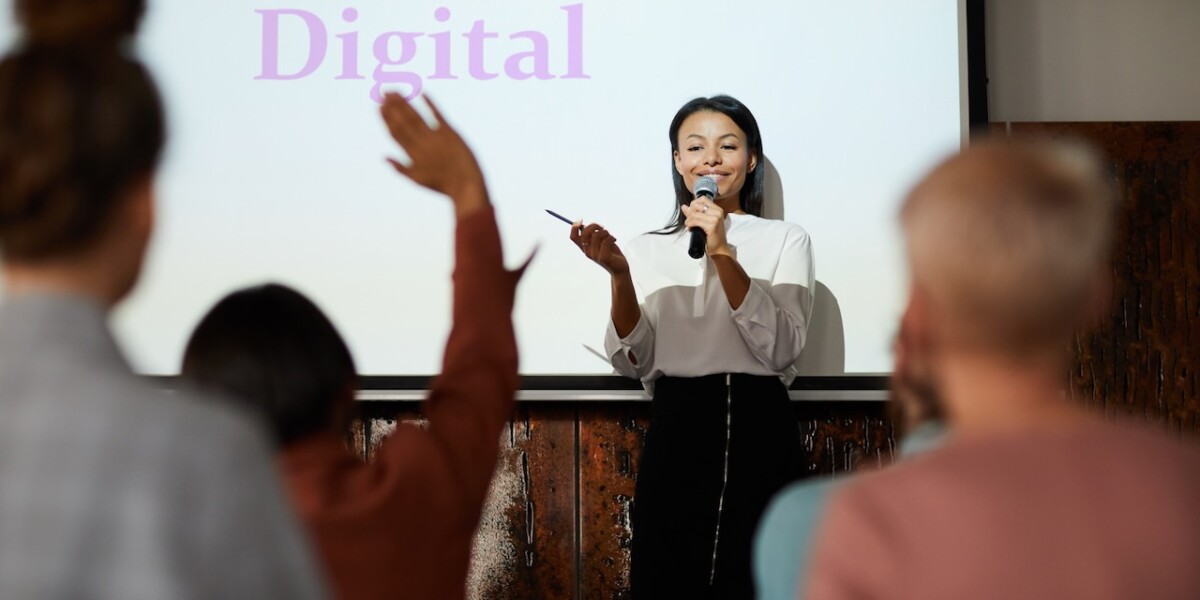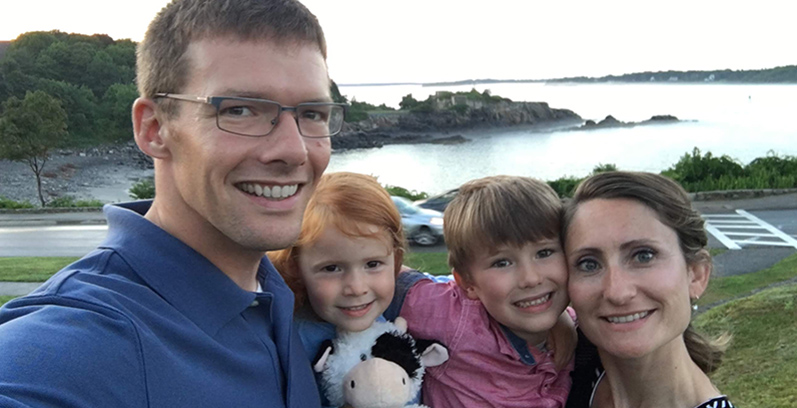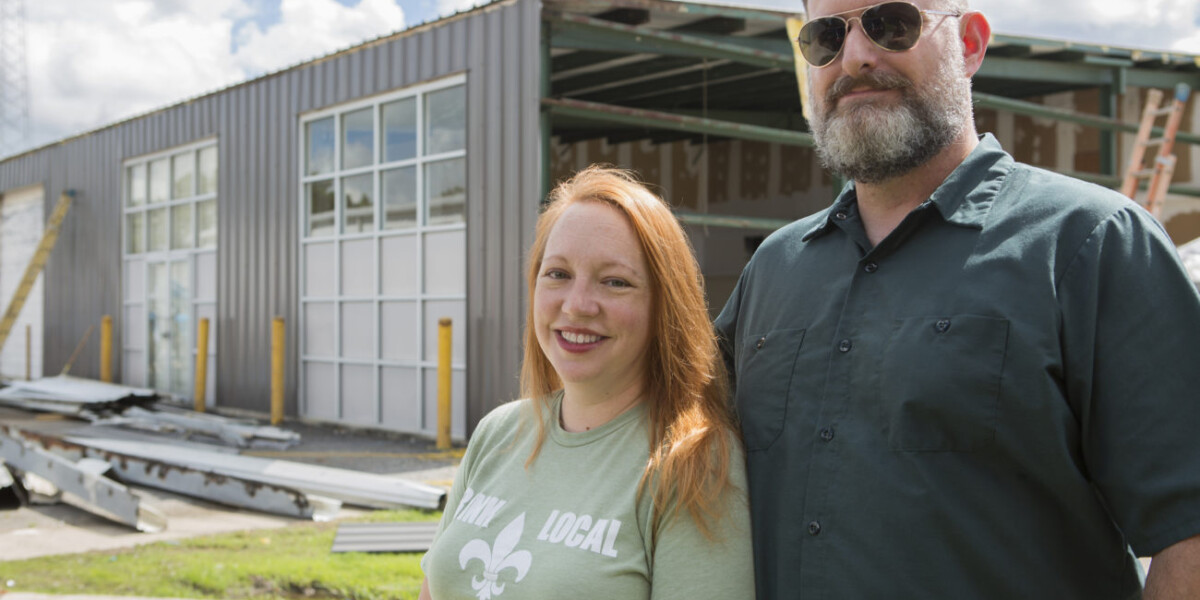There’s no doubt that the coronavirus pandemic has shaped the way that consumers engage with digital marketing. Conversion growth has increased in areas like pharmaceuticals, healthcare, food, and media and decreased dramatically in areas like travel, construction, and real estate. Digital sales levels have increased 210% between February 2020 and April 2020 and screen time has never been higher.
 We recently spoke with Erik Harbison, Lead Instructor for UVM’s top-ranked Digital Marketing Fundamentals Professional Certificate, about how COVID-19 has necessitated new and creative approaches to digital marketing, how some businesses and brands have nailed the message to stay connected to their customers, how the marketing landscape will change going forward.
We recently spoke with Erik Harbison, Lead Instructor for UVM’s top-ranked Digital Marketing Fundamentals Professional Certificate, about how COVID-19 has necessitated new and creative approaches to digital marketing, how some businesses and brands have nailed the message to stay connected to their customers, how the marketing landscape will change going forward.
Most Importantly: Stay Connected to Your Customers
“It’s interesting to see the smart brands rely on the fundamentals because when things are imploding and it feels like there are elements of despair due to the pandemic, the great marketers are focusing on the fundamentals,” Harbison said. “So no matter what you’re doing—whether you have five customers or five million customers—the first thing we should do is try to connect with them and listen. Just offer ways to hear how they’re reacting before you take any action is one way to go about it because everyone’s signals start to change a little bit when there’s a much bigger thing to worry about than your product or service.”
So who’s listening? Harbison noted that successful brands are experimenting with a new kind of real-time marketing—living in the same world as their customers—and, in some cases, going against their core messaging, such as Nike with their “Play Inside, Play for the World” campaign, encouraging customers to practice social distancing and offering their Nike Training Club app for free, and hotels.com, encouraging users to “just stay home.”
For small businesses, and especially for nonessential businesses that are experiencing a slump in traffic at this time, Harbison stated that staying connected can be as simple as sending out an email that just acknowledges what’s going on with their organization. “You’re not selling anything, you’re just informing, educating,” Harbison said. “Something else that small businesses are doing is wanting to show their customers and audience that they’re taking action—whether that’s helping with a social cause in our community or giving back.”
Businesses, both local and global, have had to take steps to quickly adjust to consumer needs, whether it was GE and Ford converting their plants to ventilator factories or Domino’s pledging their “contactless delivery.”
“We’ve seen it in many cities where the restaurants can’t have in-house dining so they take it upon themselves to set up pick-up delivery,” Harbison said. “How many businesses have had to flip to a delivery model that were used to having in-store customers? “So when you’re showing that you’re taking these steps to still provide value, I think that’s where small businesses can benefit.”
“The whole COVID-19 thing in my mind has been a catalyst to wake up brands and in some ways call them out to say, how well do you know your customers?” Harbison continued. “And moving forward, you have to imagine the impacts going to be: how well do we do in planning so there’s probably a focus on let’s better plan for our conversations, probably a ton of brands that are now better-focused on customer marketing that weren’t because they realized they were caught in this inability to be authentic with their customers because they haven’t really said anything to them in three months […] What we can learn from these big brands is, am I ready to pivot for the next thing that causes people to shelter, so if there is a next time, we’re not as impacted as we were before. The trend is, whenever we have these sort of impacts to the economy, there seem to be smarter, stronger new businesses that emerge.”
Going Forward with Marketing Contingency Planning
“I think a lot of what we’re hearing is that it will a different kind of normal,” Harbison said. “Traditional marketing plans as you knew them or know them will look different. Every marketing plan now will have contingency fund. It will have dollars set aside in your budget just in case. It will have more educational content or always have some humanizing element for the brand or for the business, and I would like to imagine that you’ll see a lot of communities pop up where brands will create these opportunities for their customers to talk to each other beyond just having their name, email, and purchase history. Getting customers to talk to each other, hosted by the brand—or within the brand’s control—could be other things you see popping up too.”
For those working in digital marketing, Harbison states that although there was a dip in marketing hires at the beginning of the pandemic (as reflected in dismal employment numbers across the board), careers in content marketing, SEO, paid search, and eCommerce have been “very active.” However, he noted that many teams have gone to distributed workforces, and it may be a more consistent trend going forward, when it was just a small percentage of the positions available before COVID-19, affording job seekers the ability to work for a company they love from home without having to relocate.
In response to the coronavirus pandemic, Harbison stated that the upcoming Digital Marketing Fundamentals Program sessions will include a brief module on the impact of COVID-19 on marketing and lessons learned, and each individual module will have some nod to how the pandemic has affected that specific channel.
Learn more about UVM’s Digital Marketing Fundamentals Program.




